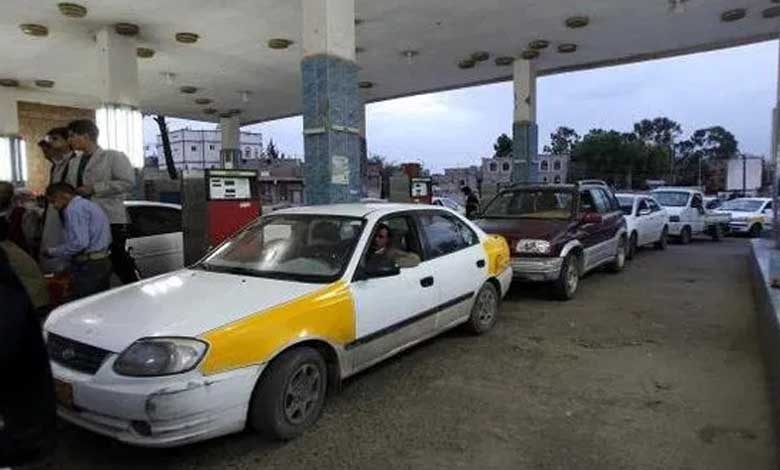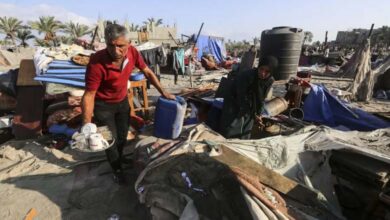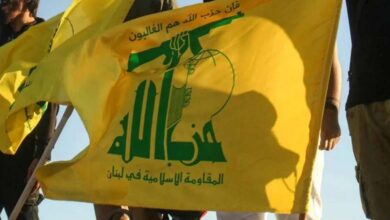Houthi Militias create a fuel crisis

The internationally recognized Yemeni government repeated its charges of economic ruin against the Iran-backed Houthis militias, who have intentionally caused a fuel crisis in areas that they control to gain doubled profits on supplies that they sell on the black market.
The Supreme Economic Council of the Yemeni government stated on Saturday: Houthis are selling most of the fuel imports that arrive through Hodeidah seaport in the black market.
The council also explained that fuel flow indicators in Yemen during the first half of April indicated that the militias have created the fuel crisis in regions under their control to recover the black market to finance what they call the war effort, adding: About 276,000 metric tons of fuel have been imported in the first half of April, which is sufficient to meet the fuel needs around the country for 20 days.
Nevertheless, the council also revealed that 70% of the fuel has been transported to Houthi-run regions, which constitute an average of 12,000 metric tons a day, but the militias have vended it to the black market.
It also noted that the Houthis have also increased fuel prices by 150% in their regions, blaming the militias of using the humanitarian file to misinform and blackmail the international community and agencies.
The militias create a famine crisis
Besides, the council affirmed that the militias created crises as part of their policies to famish the people. It also reaffirmed in a tweet: Although the inflow of fuel supplies exceeding civilian needs, the Houthis insist on strengthening the black market, exploiting the people and trading in the human suffering they caused.
On his part, Information Minister Moammar al-Eryani repeated the statements made by the council and reaffirmed that the Houthis are exploiting the suffering of Yemenis.
As Houthis continue to control fuel supplies in their warehouses, the Aden-based government is seeking persistently to ease the suffering of Yemenis by guaranteeing that it does what it would to keep oil products flowing into the war-ravaged country.











